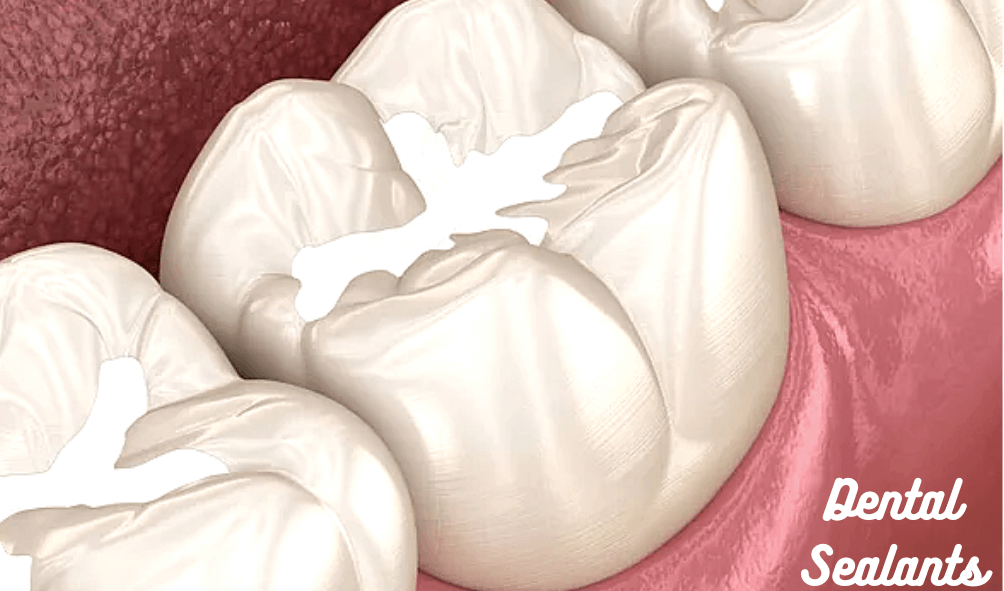How Does Dental Sealant Treatment Work?
Flossing and brushing is the best way to protect your teeth from cavities, but it can be challenging to the crannies and nooks of the teeth. It is especially true for the molars. These are the teeth that are behind which you use to chew. Leftover food, left in place in the mouth, can begin the chain reaction, which will weaken the enamel of the teeth covering. It can leave you at risk of producing tooth decay.
Dentists worldwide recommend dental sealants for protecting the vulnerable teeth’ surface. Dental sealants are the plastic layering that the dentist paints onto the teeth’ surface. Sealants are the protective shield that will block germs and food, which can cause cavities.
What Do Dental Sealants Do?
Dental sealants will create protective layering for your teeth. This will keep the food pieces from getting in the uneven surfaces, nooks, and teeth crannies. These sealants prevent acid and bacteria from settling on the teeth’ surface.
How Sealants Prevent Cavities?
Dental sealants will cover the crannies and nooks of the teeth, which are more prone to tooth decay. Some teeth areas are inaccessible irrespective of the energy one push into the brushing. The molar grooves are prone to developing the issue. With this, they are more prone to developing cavities than other teeth.
The materials of the sealants fill and follow the tooth. It makes the tooth smoother and cavity-proof. The ideal sealant material is plastic resin because it is malleable enough to fit the fissures and pits of the teeth and prevents bacteria entry. Ultimately, the sealant will ensure that the teeth retain structural and natural integrity.
Sealants do not stop the bacteria but also stop the tiny food particles and sugars. After eating, the debris can get stuck in the hard-to-reach parts of the mouth. It can be challenging to clean them due to the small teeth groves.
The dental sealant will stop the food from getting trapped. It is another great reason dentists prescribe sealants to children when molars erupt. Do not worry if the food debris gets stuck before the sealant application. The dentist will properly clean the teeth before they apply the sealant.
How Do Dental Sealants Prevent Tooth Decay?
Although efficient brushing and flossing can get rid of the trapped food particles and plaque off the chewing surfaces of the tooth, they cannot access the deep fissures in the molars to get rid of the food particles and plaque. The dental sealants will protect the vulnerable areas from decay and seal the stuck particles and germs.
The following are the benefits of dental sealants for those with gum disease prevention and control:
- A dental sealant will give layered protection and prevent the plaque from building in hard-to-reach areas.
- Dental sealants can be easily maintained and repaired.
- Dental sealants offer the much-needed dental care routine.
Conclusion
If someone in your household can benefit from the dental sealant, you should take them to the closest dental clinic in The Colony for a thorough checkup. The dentist will examine the teeth of the child and determine in case they want preventive treatment.





 |
|